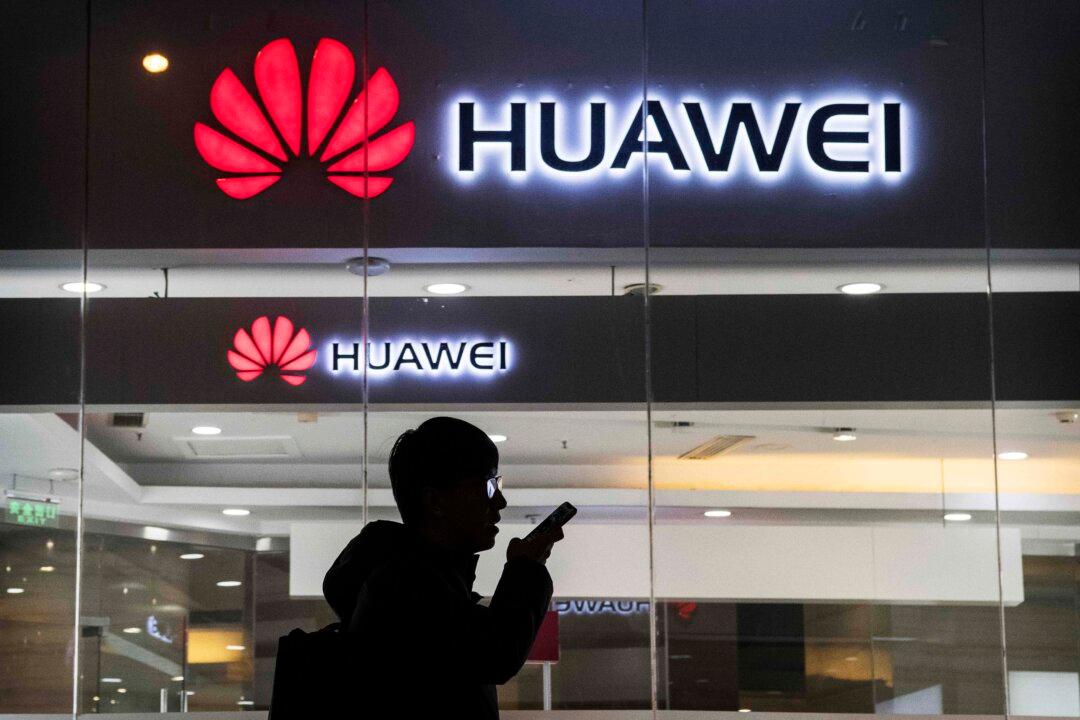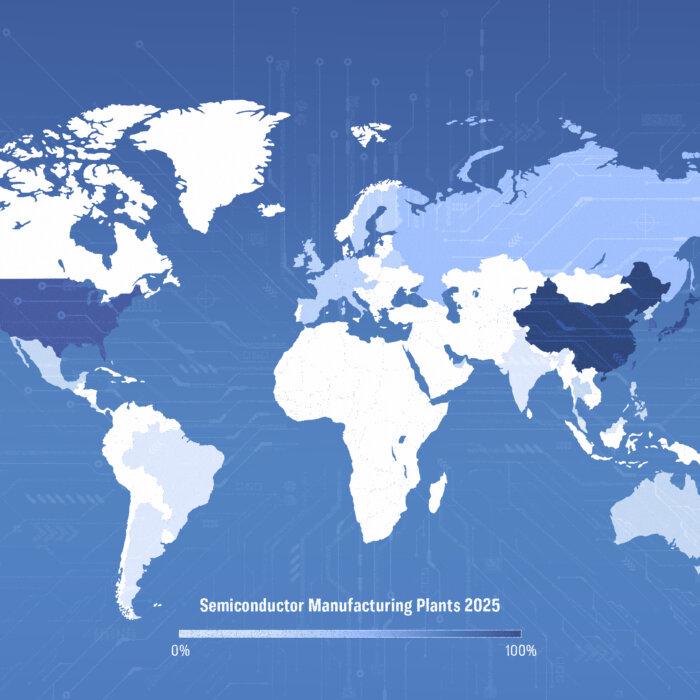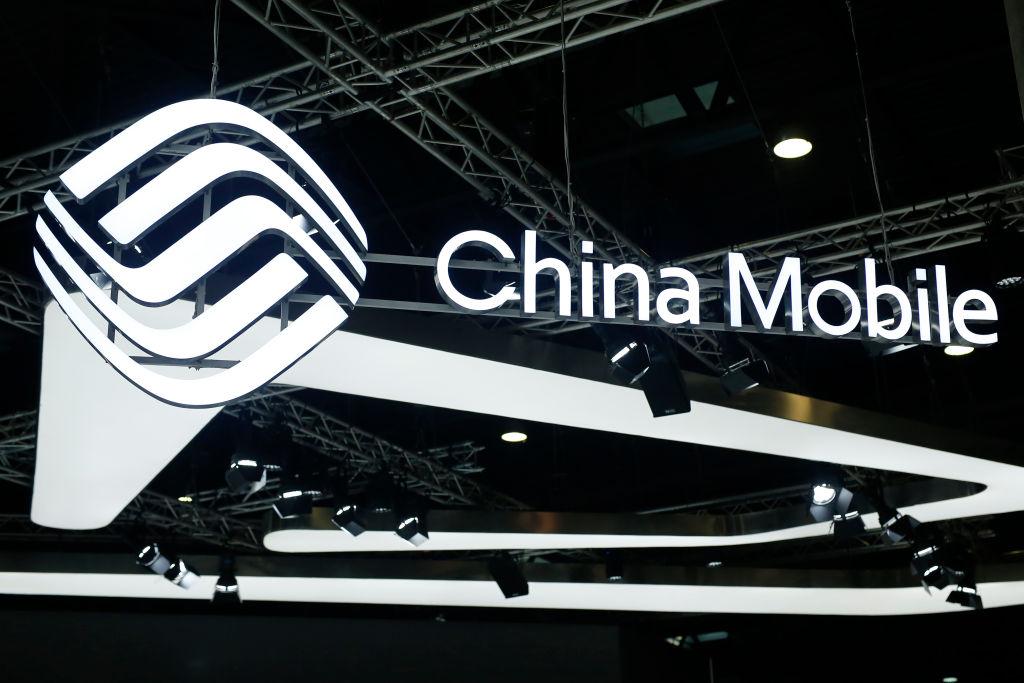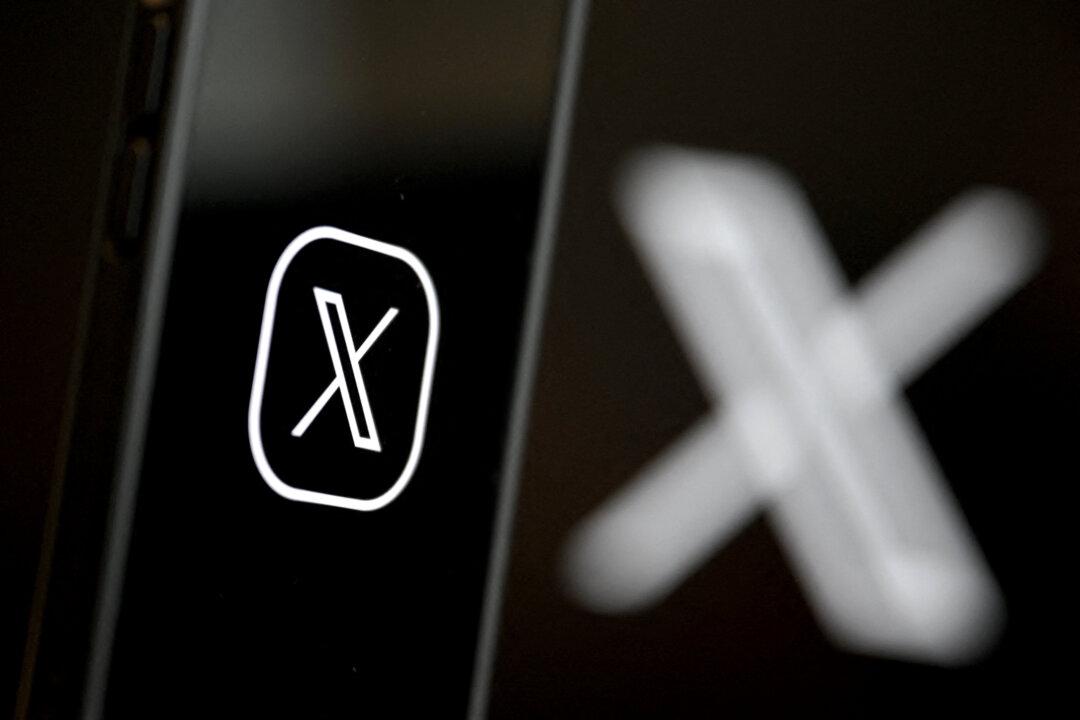Taiwan is imposing new export restrictions on Huawei Technologies and Semiconductor Manufacturing International Corp. (SMIC), dealing a major blow to communist China’s ambition to advance its domestic chipmaking industry and challenge global leaders like Nvidia.
“To combat arms proliferation and address other national security concerns, a total of 601 entities involved in arms proliferation activities were added to the list released on June 10, including Russia, Pakistan, Iran, Myanmar, and mainland China, including Chinese companies such as Huawei and SMIC,” the administration said in a statement.
Taiwanese companies must get government approval before they can ship anything to entities on the list, according to the administration.
The move aligns Taiwan more closely with the United States’ strategy of tightening restrictions on the transfer of semiconductor technology, tools, and materials to China. The U.S. Commerce Department placed Huawei on its own entity list in 2019, and SMIC in 2020, cutting both companies off from U.S. suppliers in almost all circumstances.
In the years that followed, both the Biden and Trump administrations urged U.S. allies to adopt similar export controls to deny China’s access to advanced chips produced by firms such as Taiwan’s TSMC and South Korea’s Samsung. TSMC currently makes cutting-edge AI chips for companies like Nvidia, which Huawei and SMIC are attempting to rival.
Headquartered in Shenzhen and Shanghai, respectively, Huawei and SMIC are widely seen as China’s strongest contenders in the semiconductor race against the United States, the outcome of which could be vital to determine which country leads in the development and application of AI, with profound economic and national security implications.
The report triggered an investigation by Taiwanese authorities into four local tech firms allegedly involved in helping Huawei construct chip fabrication plants across southern China.
Representatives for Huawei and SMIC did not immediately respond to requests for comment outside regular business hours.







